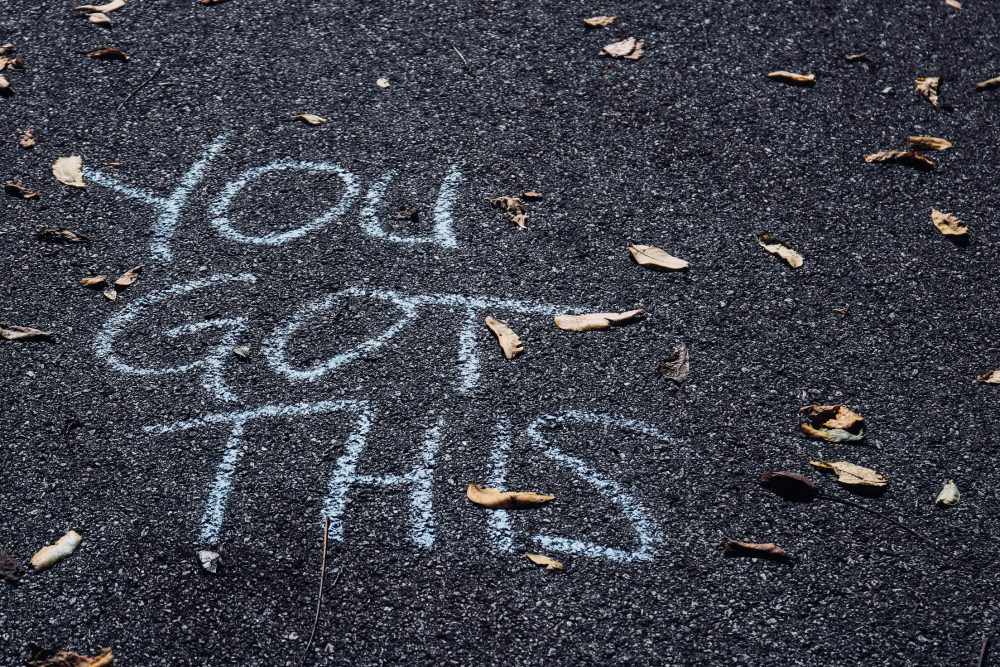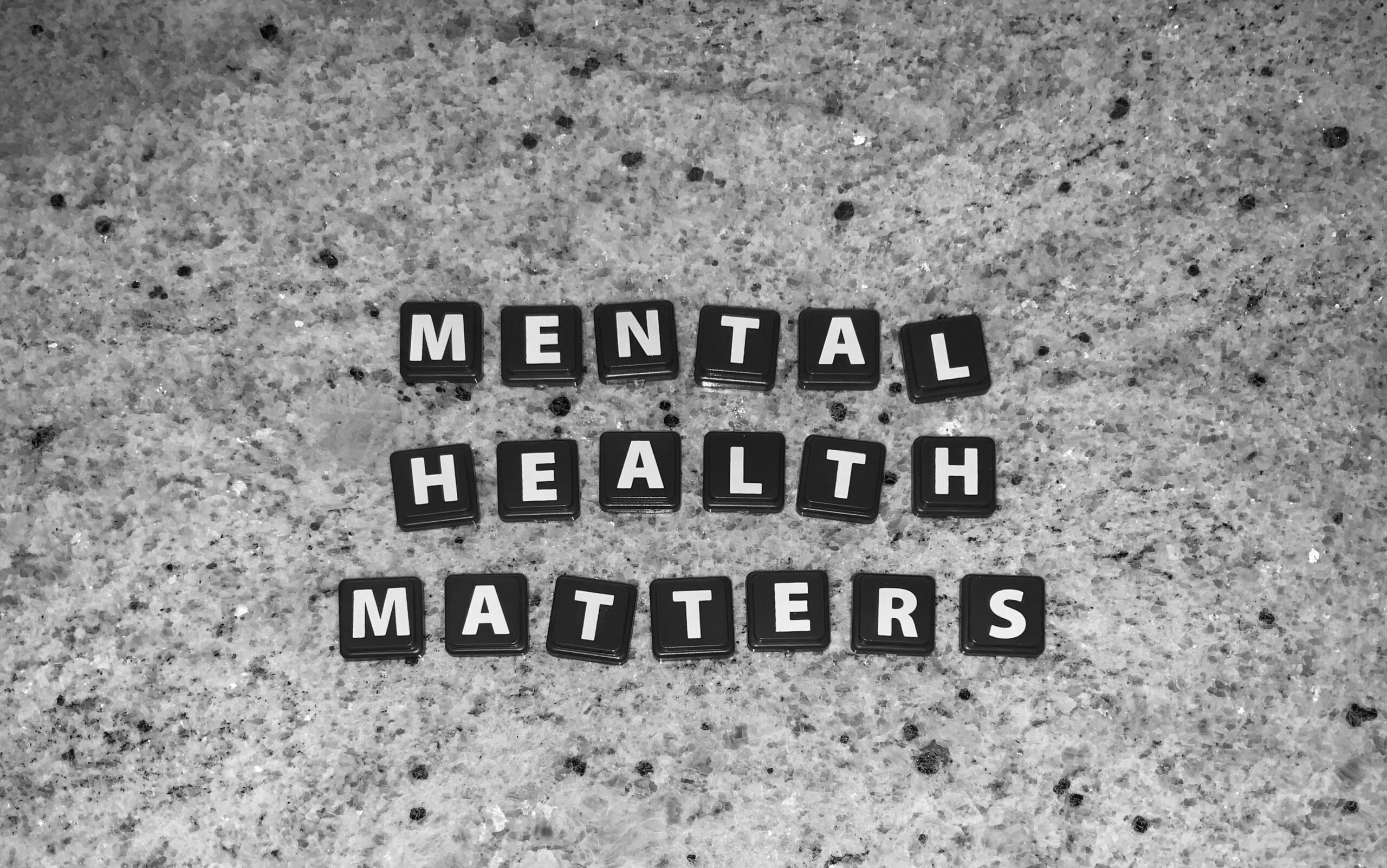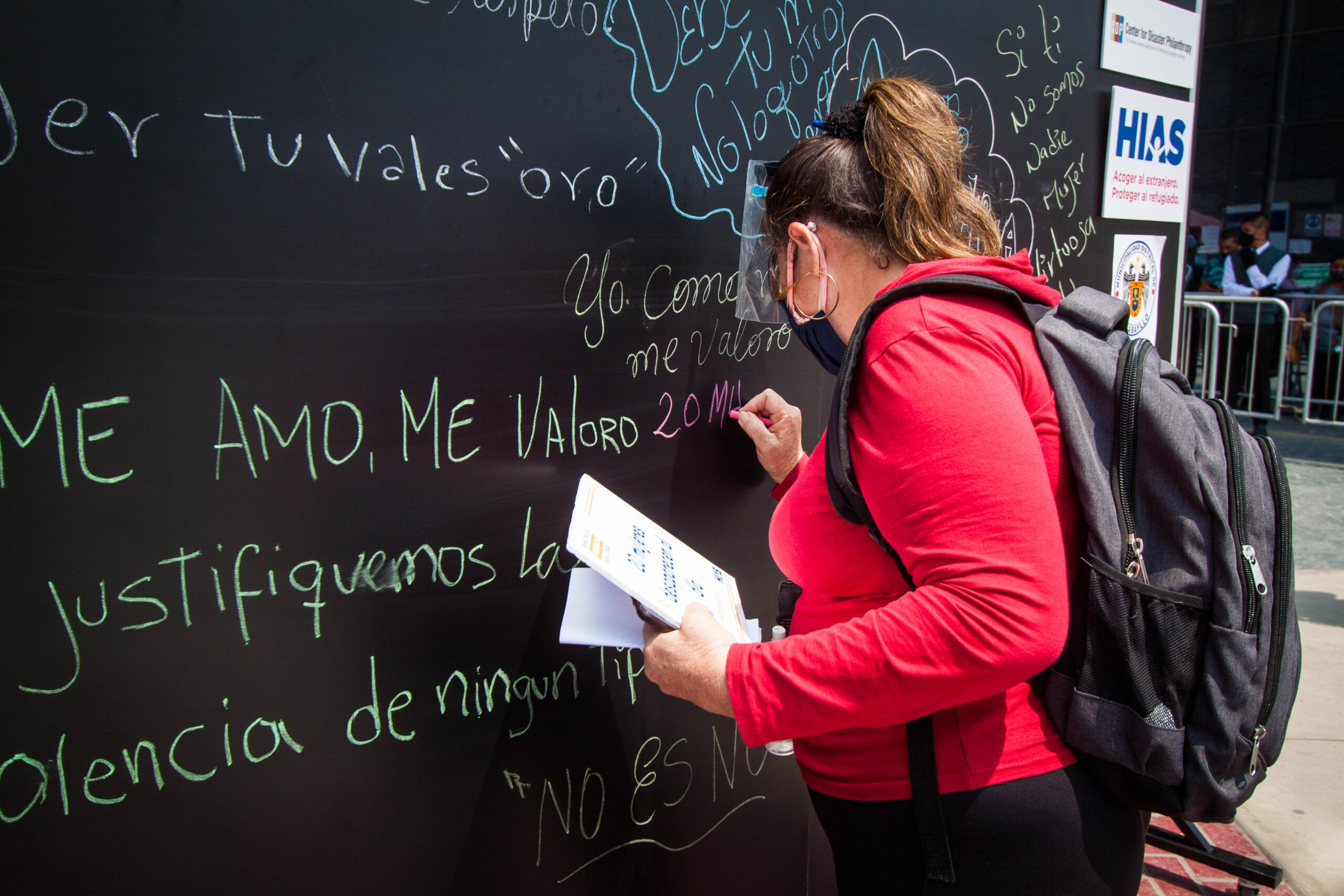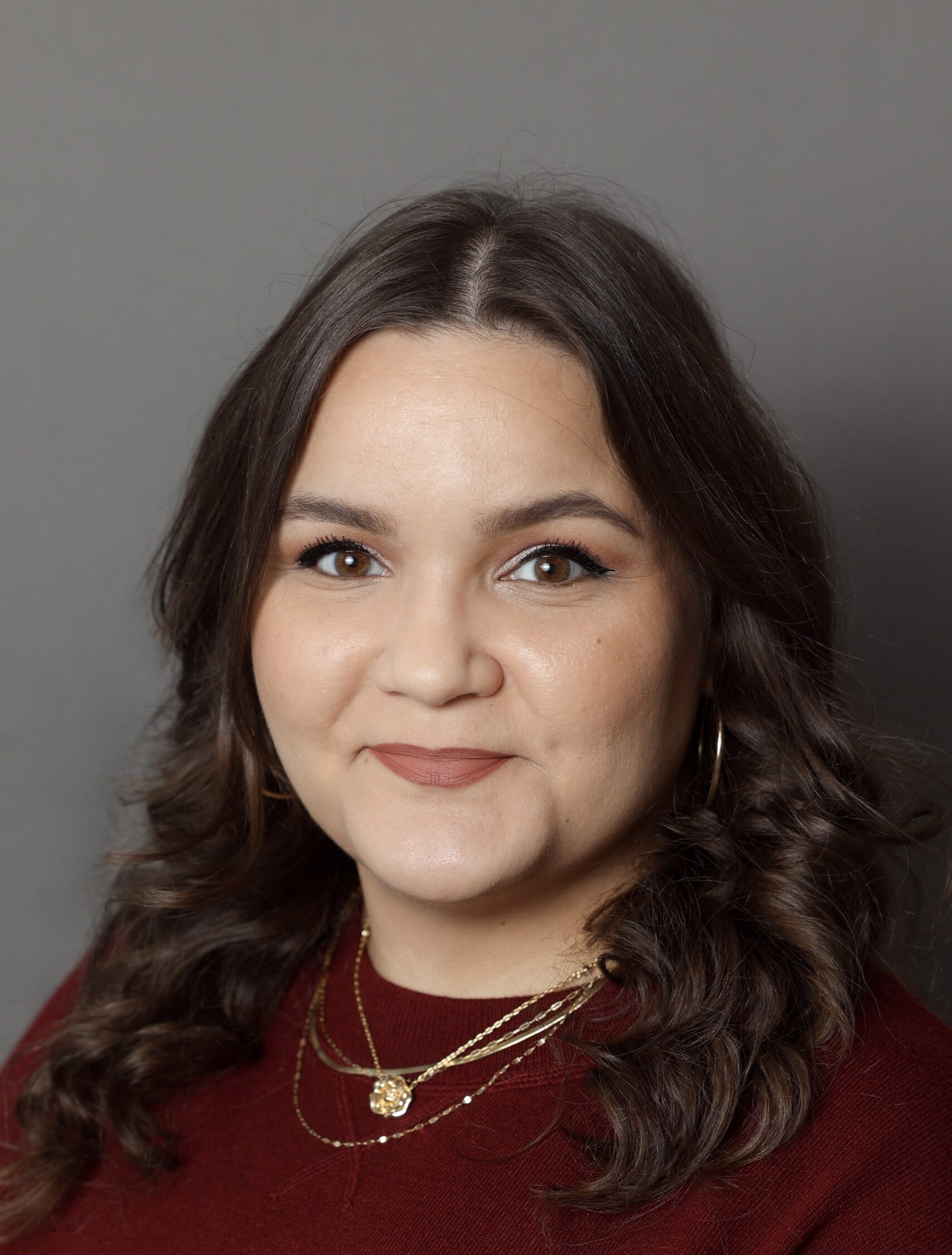Focusing on self-care for Mental Health Awareness Month
It is no secret – or surprise – that the past year has had a profound and devastating effect on mental health. Disasters often leave lasting mental health crises in their wake, but when coupled with a global pandemic, the effects have been staggering. Depression and anxiety are on the rise, and we likely will […]

It is no secret – or surprise – that the past year has had a profound and devastating effect on mental health. Disasters often leave lasting mental health crises in their wake, but when coupled with a global pandemic, the effects have been staggering. Depression and anxiety are on the rise, and we likely will not know the full extent of the pandemic’s impact on mental health and psychosocial wellbeing for years.
May is Mental Health Awareness Month, and all month long, the Center for Disaster Philanthropy (CDP) team has been marking the occasion internally by sharing mental health “tips & tidbits,” doing deep-dive presentations about mental health and encouraging a focus on self-care. I am not a mental health expert by any means, but as we near the end of the month, I wanted to share some of the things that help me reduce stress and anxiety and improve my mood.
Make a “101 Songs to Save My Life” playlist
More than a decade ago, I stumbled upon a blog that introduced me to the idea of creating a playlist called “101 Songs to Save My Life.” (I’ve tried for years to find the original blog, but unfortunately, it seems to have vanished from the internet.)
As it sounds, it is a playlist of 101 of my go-to, favorite, can’t-live-without songs. For me, these are songs I grew up listening to, songs my parents introduced me to, and songs I discovered in middle school, high school and every year since. It’s a hodge-podge ranging from The Beatles to Lizzo, from Queen to the Spice Girls. There are songs in Bulgarian, English, Italian and Spanish, but they all have one thing in common – they bring me joy and transport me to a different time or place.
For more than a decade I have created a “101 songs” playlist on every iPod and iPhone I’ve ever had. I update the playlist every once in a while, but the core songs stay the same and I try not to exceed 101. If I add a song, one has to go. This is a playlist that I can turn on at any time, regardless of my mood or the occasion, knowing that it will be there for me – to “save me.”
I highly recommend making your own 101 playlist. The process alone – scrolling through your music library to find your top 101 songs – can be therapeutic, as is knowing the playlist is always ready when you need it.
Take a walk
Now that you have your playlist ready, take a long walk. I walk my dog twice a day and those moments are often the best parts of my day. Sometimes I walk in silence, letting my mind wander, watching Sirius Black sniff every blade of grass. Sometimes, I grab my AirPods, turn on my playlist and let the music transport me. Either way, the walks help me clear my mind and forget the stress of the day.
There is countless research about the health benefits of walking, and this video does a great job highlighting some of them while offering other tips to improve your mental wellness. So, whenever you need a restart, I recommend going for a walk. If like me, you live in Florida and it’s sometimes too hot for a long walk, I find that long drives can also be incredibly therapeutic.
Advocate for Zoom-free Fridays
Zoom fatigue is real. Professor Jeremy Bailenson, founding director of the Stanford Virtual Human Interaction Lab, found four primary reasons why videoconferencing causes fatigue and proposed some solutions. I recommend you check them out and consider one more suggestion: Zoom-free Fridays. The executive team at CDP implemented a policy last year encouraging everyone to avoid scheduling Zoom calls on Fridays. One day a week without Zoom calls is surprisingly liberating and makes for a more productive way to end the week. Of course, it’s not always possible to avoid all Zoom meetings, but it is a good goal to have.
As the pandemic rages on and other disasters inevitably strike around the world, mental health needs are only increasing. If you want to support mental health services in the pandemic and beyond, CDP has two resources available to help guide your efforts:
- Mental Health, Grief and Bereavement – A toolkit that highlights the intersection of mental health and disasters and explores ways to improve philanthropic support for mental health services throughout the life cycle of disasters.
- Mental Health and Trauma Issue Insight – Contains key facts, examples of what funders are doing and suggestions for how to help.
I encourage you to read this inspiring impact story from Kids Help Phone Canada, a CDP COVID-19 Response Fund grantee partner, about how they are providing critical psychosocial support for Canadian children.
Also, check back next week for CDP director of strategic initiatives, Sally Ray’s, blog on the need to fund mental health and psychosocial support in response to COVID-19.
I hope the tips I shared inspired you to think about ways you can practice self-care this month and beyond. And if you do create a playlist, please reach out and let me know. I’d love to hear about it.
More like this

Disaster philanthropy’s impact on mental health

